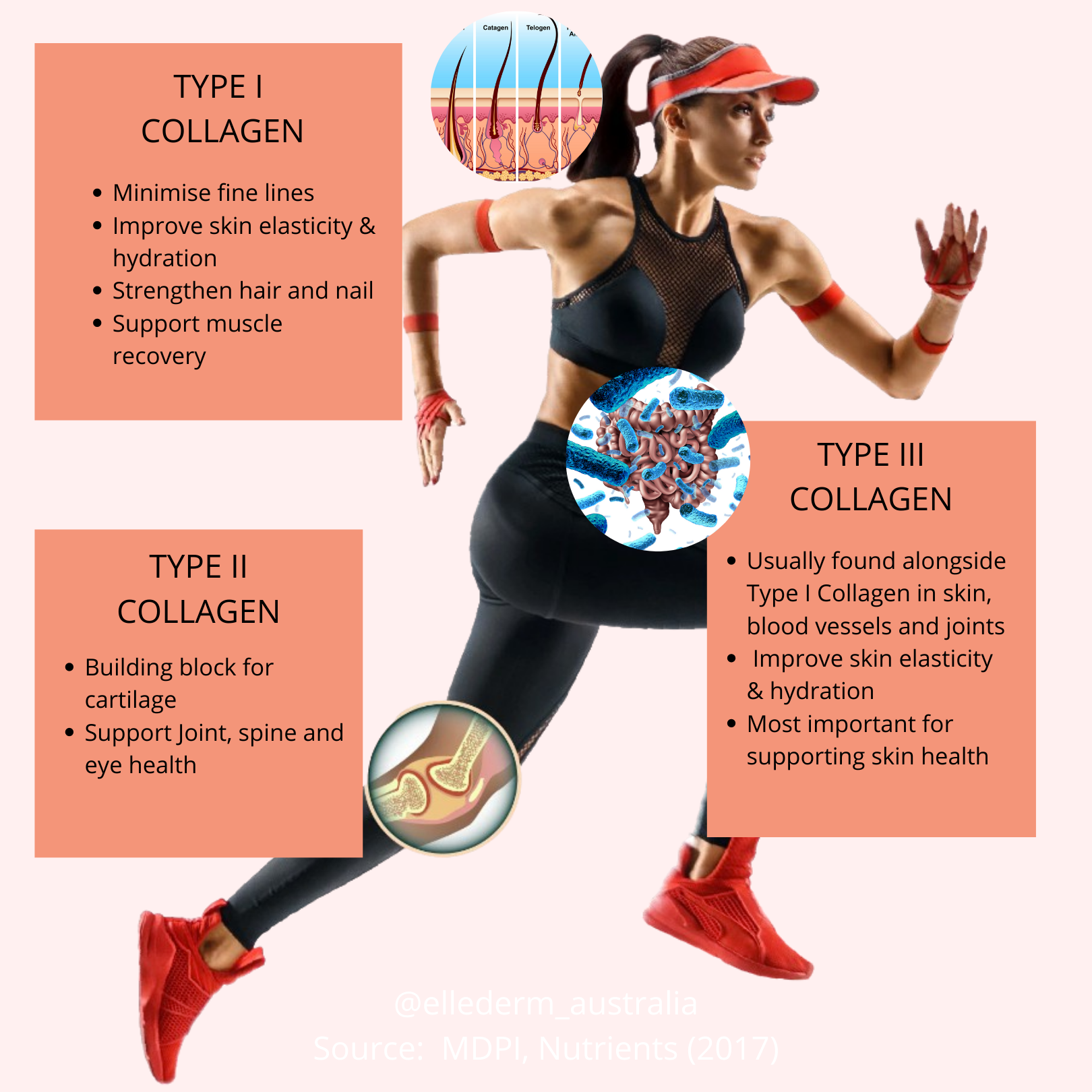Smart Skincare - 3 Scientific Ways to Save on Skincare without Compromise
In a quest for beautiful skin, we have all spent hundreds if not thousands of dollars every month. Little did we know, there are some things the beauty industry will not disclose to keep us hanging onto every product in their range.
To help you avoid some common mistakes, here are three smart skincare tips to save money on your skincare routine now and in years to come.
1. Sunscreen is your wallet's best friend
Numerous research has shown UV exposure contributes not only to skin cancer but also accelerates skin ageing, also known as photoageing. To date, there is increasing evidence for the daily use of sunscreen for the prevention of premature ageing. In a study conducted on fourteen Japanese participants over 18 months, it was found that the daily use of sunscreen cohort exhibited better skin hydration, had fewer wrinkle formation, and better skin colour uniformity.
Spending a little upfront now on daily use of sunscreen will save you money in the long term.
2. Toners are not necessary when using the right cleanser.
Toners were originally developed to restore the skin pH when people were using alkaline soap to cleanse their face. Increase in skin pH can lead to issues such as loss of skin hydration, skin inflammation and disruption to natural skin microbiome.
Modern day cleansers are usually pH balanced or formulated to mimic the healthy skin pH 4-6, making toners unnecessary.
Unless the toner contains anti-ageing actives or has moisturising benefits, this is one product you can save money on.
For body washes, opt for soap free cleansers such as Cerave or Cetaphil.
3. Invest a little extra in smart skincare.
Layering skincare means you can laser target your skin concerns successfully, an ideal strategy for those lupus, psoriasis or eczema.
Less is more.
For the remaining population, skincare layering is not necessary for beautiful skin, and this is a misconception amongst the community. A good quality moisturiser should contain clinical doses of several actives that will work synergistically. This strategy eliminates the need for layering. An anti-ageing moisturiser with prebiotics is also ideal to support a healthy skin microbiome. Feeding the good bacteria on our skin at the expense of the bad bacteria makes our skin barrier stronger, reduces skin inflammation and guards against unwanted pathogens.
What smart skincare tips do you have for healthy skin?
Author: Helen Huynh (B Pharm) MPS
References:
1. Mizuno, M et al (2016). "The effects of continuous application of sunscreen on photoaged skin in Japanese elderly people - the relationship with usage." Journal of Clinical, Cosmetic and Investigative Dermatology. Published online 2016 Apr 26. doi: 10.2147/CCID.S104392
2. Shanbhag, S et al (2019). "Sunscreens and Anti-ageing - the paradigm shift in cosmetics." Advanced Pharmaceutical Bulletin. Published online 2019 Aug 1. doi: 10.15171/apb.2019.042
3. Draelos, Zoe (2018). "Are Facial Toners Necessary?" Dermatology Times. Published online March 14, 2018. https://www.dermatologytimes.com/view/are-facial-toners-necessary-0
4. Draelos, Zoe (2020). "The Role of 'biotics in Skincare." Dermatology Times. Published online April 29, 2020. https://www.dermatologytimes.com/view/role-biotics-skincare
5. Randhawa, M et al (2016). "Daily use of facial broad spectrum sunscreen over one year significantly improves clinical evaluation of photoageing." The American Society for Dermatologic Surgery. Dermatol Surg 2016;0:1–8 · DOI: 10.1097/DSS.0000000000000879



